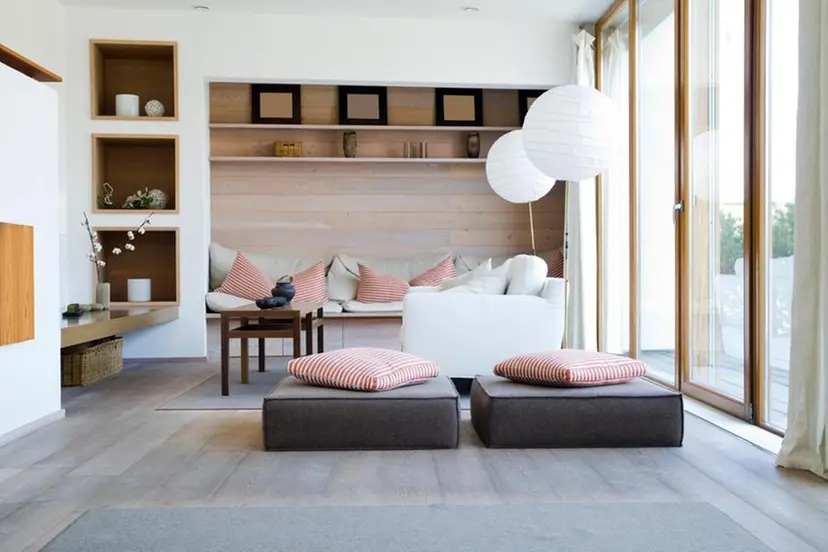With mega and giga infrastructure projects on the rise in the Middle East, construction is cited to ramp up from 2025
While average fit-out costs across global markets have risen significantly year-on-year amid ongoing cost challenges and a complex macroeconomic environment, the construction sector in Middle East and Africa (MEA) has distinguished itself with its continued resilience, marking an average of 3% y-o-y increase across the region, according to top real estate expert JLL.
With mega and giga infrastructure projects on the rise in the Middle East, construction is cited to ramp up from 2025 leading to an increase in demand and construction spending in the wider region for several years, satted JLL in its new ‘EMEA Fit Out Cost Guide 2024.’
The Guide, which reviewed cost data collated from 25 countries across EMEA, expects the construction industry to stabilise as the year progresses despite ongoing pressures dovetailed in an upsurge in demand for sustainable, high-quality, tech-enabled office spaces continuing to impact costs.
Overall, the macroeconomic outlook for the MEA region remains positive regardless of the prevailing geopolitical uncertainty and high development costs. Supply gaps in high-quality, office spaces in desirable areas are pushing occupiers in the UAE, Saudi Arabia, and Egypt to turn to refreshing, refitting, and even repurposing existing office spaces, stated JLL.
As per the Guide data, although fit-out costs in MEA have risen only marginally Y-o-Y, the overall cost distribution has remained similar to the previous years.
Construction work still accounts for the largest component (62%) of fit-out costs, followed by furniture costs which constitute one-third of it. Audiovisual (AV), Data & SMART spending remained broadly stable Y-o-Y, continuing to reflect the emphasis on technology needed to support hybrid and remote working, it stated.
According to JLL, the total fit-out costs in MEA project local market demands, practices, and standards. In Dubai and Riyadh, construction costs are above 60% of the total costs while in Cairo, this segment accounts for nearly 80% of the fit-out costs.
The Egyptian capital also has the lowest professional fees when compared to the cities in the UAE and KSA.
Elaine O’Connor, Head of Project & Development Services Egypt & Africa, JLL, said: “Fit-out decisions impact the bottom line of businesses, and for occupiers looking to invest in their workspaces this year, it is important to know where to prioritise investment and how to maximise value from design and fit-out projects.”
“Inclusive workplaces that embed sustainability, well-being, and human experience in their design will drive demand and deliver a strong return on investment in the long termm,” he noted.
Maroun Deeb, Head of Project & Development Services, KSA & Bahrain said, “We also expect Hybrid working patterns to continue to drive design requirements and costs in fit-outs with an increased focus on flexibility of space, while balancing sustainability and technology needs.”
“A careful analysis of the longer-term operational and lifecycle costs of these dynamic hybrid environments will justify the investments made as workplace expectations are heightening and employees want buildings that enhance productivity, are sustainable, and promote health, safety, as well as well-being,” he added.
Louise Collins, Head of Project & Development Services, UAE, pointed out that sustainability is a top budget item for the occupiers’ technology spend and will support energy management and monitoring of Indoor Environmental Quality, particularly where certifications such as WELL are being sought, contributing to overall fit-out costs in some cases.
“Reducing operating costs is a top priority for 86% of corporates in MEA and leveraging technology in real estate will further drive cost-efficiencies and enable more informed decision-making,” he added.
Source: Zawya



